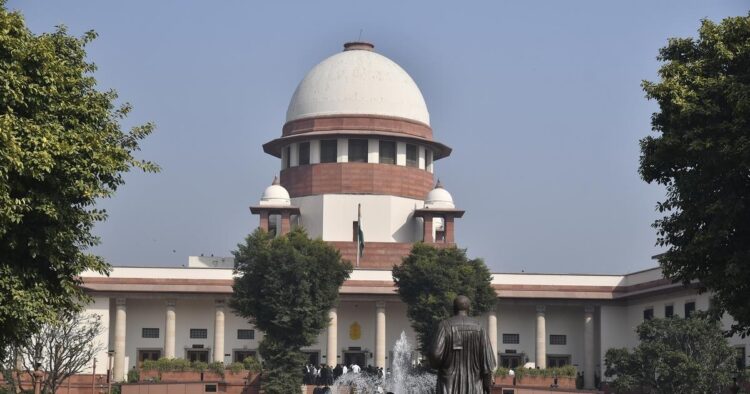The Supreme Court has declined petitions calling for a special investigation into an alleged scam involving electoral financing through electoral bonds. On February 15, the top court struck down the electoral bonds scheme, which it deemed unconstitutional.
Two NGOs had filed a public interest litigation (PIL) claiming there was an apparent quid pro quo between political parties, corporations, and investigative agencies. They argued that the scheme facilitated a “scam” and sought an investigation into the funding sources of shell companies and loss-making firms that made donations to political parties. This information had been disclosed by the Election Commission.
On February 15, the Supreme Court, led by Chief Justice DY Chandrachud, ruled that the anonymous nature of the electoral bonds scheme violated the right to information under Article 19(1)(a) of the Indian Constitution. The five-judge bench emphasized that political parties play a crucial role in the electoral process, and information about their funding is essential for voters to make informed choices.
The petitioners compared the electoral bonds scheme to past scams like the 2G and coal allocation scams, where the Supreme Court had ordered court-monitored investigations despite a lack of a clear money trail. They argued that the electoral bonds scheme had a traceable money trail, warranting a similar level of scrutiny and judicial oversight.
Introduced in 2018, the Electoral Bonds were intended to replace cash donations to political parties and increase transparency in political funding. However, the plea alleged that several firms under investigation by various agencies had donated large sums of money to the ruling party, possibly to influence the outcome of these investigations.
Despite these arguments, the Supreme Court decided not to initiate a special investigation into the matter, focusing instead on the broader implications of the electoral bonds scheme and its impact on the right to information.

















Comments